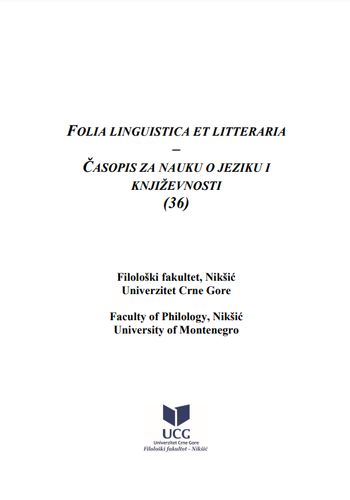The Changing Relationship of Culture and Nature in Hemingway’s The Old Man and the Sea: An Ecocritical Study
The Changing Relationship of Culture and Nature in Hemingway’s The Old Man and the Sea: An Ecocritical Study
Author(s): Nozar NiaziSubject(s): American Literature
Published by: Filološki fakultet, Nikšić
Keywords: Ernest Hemingway; eco-criticism; culture-nature relationship; ecological sin; instinctive intellect
Summary/Abstract: Drawing upon ecocritical principles, this article makes an attempt to demonstrate the development from shallow ecological thinking towards a deeper ecological wisdom in the main character of Hemingway’s The Old Man and the Sea. It argues that the marlin (the hooked fish) with ‘instinctive intellect’ and incredible traits throws a challenge to certain philosophical assumptions and cultural values held by the old fisherman, in a way that it makes him reconsider his long-held assumptions about his own intelligence, manhood, heroism and superiority over other creatures. The fisherman suffers from pangs of conscience when he realizes that his violation of spatial boundaries of the ocean and intrusion into the serene ecosystem of deep waters to find and kill the ‘noble creature’ was a great mistake and, by suggestion, an ecological sin. By challenging the arrogance of humanism and questioning human’s “unique position” in the universe, Hemingway suggests that any attempt driven by cultural motives intending to bring nature under control is against ecological spirit, and is eventually bound to failure. However, he simultaneously suggests that deep engagement with nature provides an opportunity to fathom the depth of human relationship with the natural world that brings deeper ecological awareness, as is the case with the old man of the novella.
Journal: Folia Linguistica et Litteraria
- Issue Year: 2021
- Issue No: 36
- Page Range: 73-86
- Page Count: 14
- Language: English

